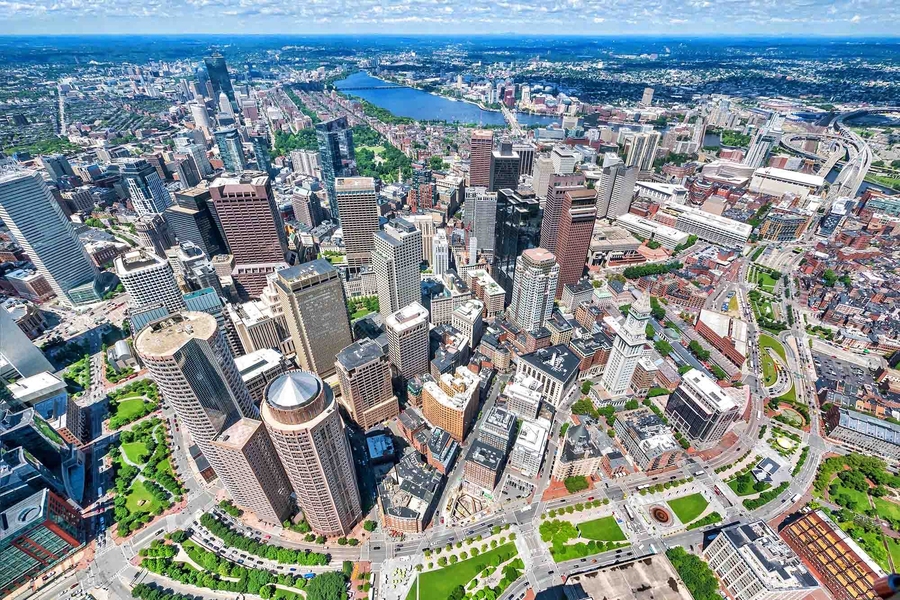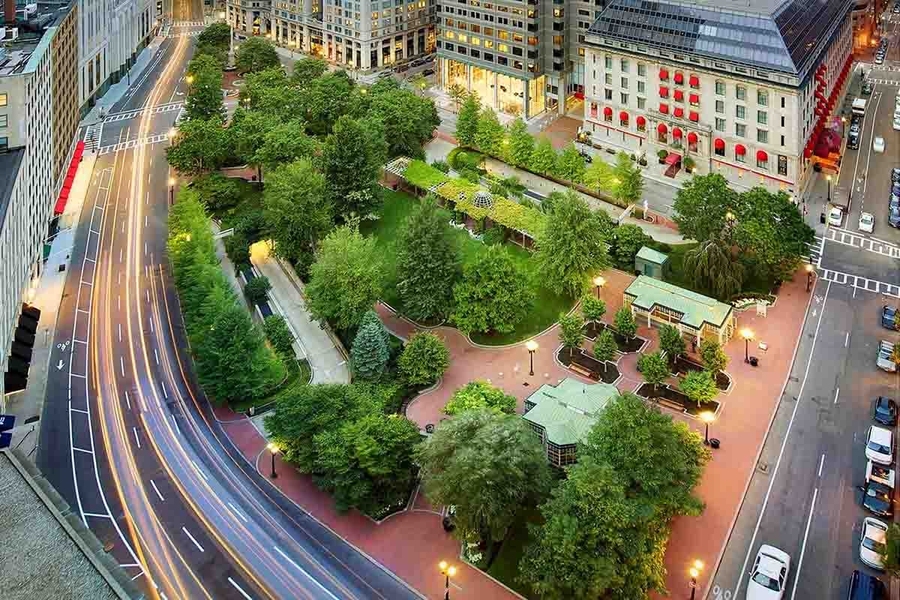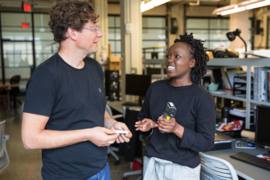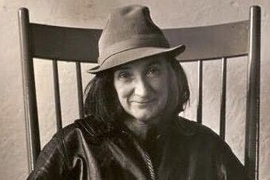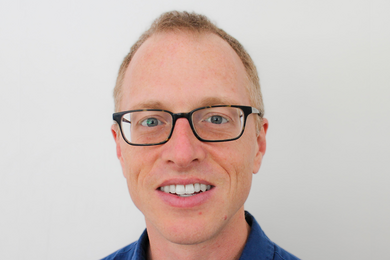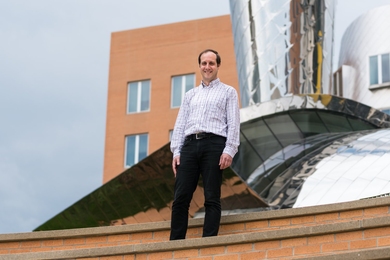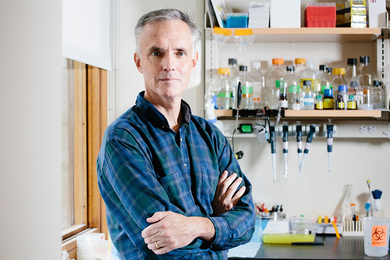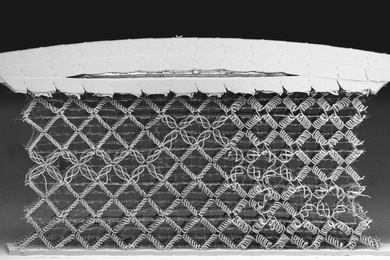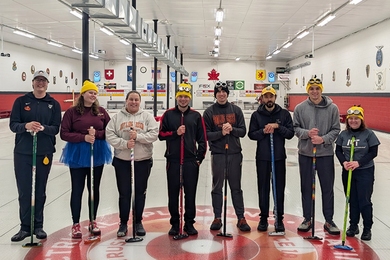Vibrant, innovative cities most often result from powerful collaborations among diverse constituencies.
To support this ideal, the MIT Norman B. Leventhal Center for Advanced Urbanism (LCAU) has announced the creation of a new interdisciplinary prize aimed at catalyzing innovative urban design and planning approaches worldwide, with a goal of improving the quality of life and environment for residents.
The prize has been established in honor of the late Norman B. Leventhal, the visionary developer and philanthropist whose contributions transformed Boston’s urban landscape. His civic leadership drove Boston’s urban revival, through projects such as Rowes Wharf, Center Plaza, South Station, and One Post Office Square.
A prize of $100,000 will be awarded on a three-year cycle to an interdisciplinary team of MIT faculty to work together with either a government agency, nonprofit organization, or civic leadership group anywhere in the world. The winning team must demonstrate the potential to improve the quality of life in cities through an innovative urban design and/or a planning project. The winners must also be able to incorporate the collaborative project in future teaching and research at MIT.
The prize has a number of goals: to develop real-world urban design solutions that advance social and environmental change; to foster new pathways for unconventional projects to get realized; to create innovative solutions using the most advanced knowledge available; and to promote collaboration among MIT faculty, students, and civic entities.
“What makes this prize really unique is that it is offered to a city and an MIT team to work together,” says Hashim Sarkis, dean of the School of Architecture and Planning. “True to the mission of the LCAU and the legacy of Norman Leventhal, it fosters collaboration, imagination, and implementation at the same time.”
For its first cycle, the Norman B. Leventhal City Prize will solicit novel responses related to LCAU’s triennial theme, equitable resilience. Equitable resilience foregrounds concerns for equity when planning, designing, and retrofitting cities with consideration of climate change and other environmental shocks or stresses. Making equity a central goal for resilience efforts, LCAU seeks proposals from all geographies that aim to develop physical design solutions that do not reinforce existing inequalities or create new ones.
“Many cities worldwide are connecting resilience adaptation goals with general development needs and strategic planning efforts,” says Alan M. Berger, the Norman B. Leventhal Professor of Advanced Urbanism. “Although these efforts provide a good starting point, it is imperative to make explicit the differential vulnerability of various socioeconomic groups in the face of increasing severity and frequency of climate change-related risks and natural disasters.”
Since its establishment in 2013 within the School of Architecture and Planning, the LCAU has sought to define the field of advanced urbanism, integrating research on urban design with processes of urbanization and urban culture, to meet the contemporary challenges facing the world’s cities.
Drawing on MIT’s deep history in urban design and planning, architecture, and transportation, the LCAU coordinates multidisciplinary, multifaceted approaches to advance the understanding of cities and propose new forms and systems for urban communities. Support for this program was provided by the Muriel and Norman B. Leventhal Family Foundation and the Sherry and Alan Leventhal Family Foundation.
For more details on the prize, see leventhalcityprize.mit.edu.
